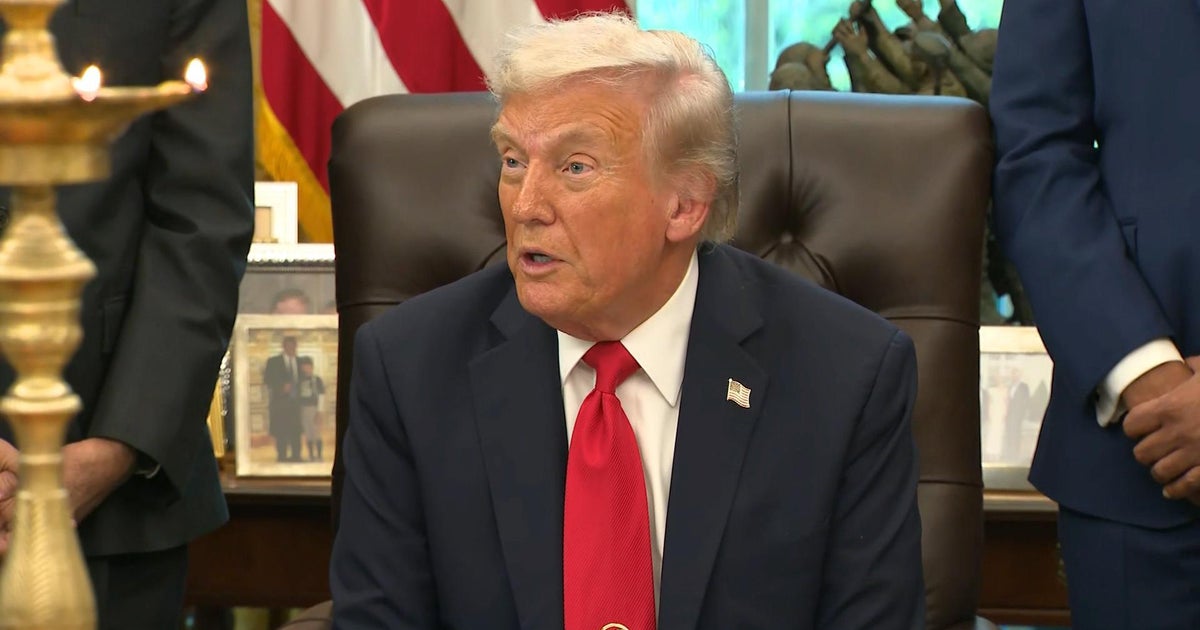Labor will bring on a major fight next week when it revives its controversial nature laws in parliament, sparking anger from environmentalists who fear it will accelerate habitat destruction and business groups who claim it will hand the government broad powers to veto investment.
But the government will seek to turn a political headache into an attack as it introduces a new version of the laws it put on ice before the May election, launching a campaign to brand the Greens as blockers and the Coalition as anti-environment if they oppose the bill in the Senate.

Environment Minister Murray Watt said earlier this month that the “nature positive” branding of his predecessor Tanya Plibersek had to be ditched.Credit: Oscar Colman
The government attempted to enact similar reforms last term, but Prime Minister Anthony Albanese intervened to scupper then-environment minister Tanya Plibersek’s negotiations with the Greens in November after opposition from West Australian Premier Roger Cook and the state’s mining lobby.
More than a dozen MPs and party members joined a phone hook-up with Environment Minister Murray Watt on Tuesday to discuss a campaign to ramp up pressure on Coalition and Greens MPs to back the bill along with a website to help spam MPs’ inboxes.
Plibersek’s “nature positive agenda” has been rebranded by Watt as “environment protection” and a senior government source, unauthorised to speak publicly, said the reforms would be tabled in parliament next week.
Watt said getting the laws through Parliament was vital because current rules were failing the environment and business. “I have always said that stakeholders would need to be willing to compromise in order to get these vital laws passed,” Watt said after this story was first published. “No one will get everything they want.”
“Australians are sick of the Coalition and the Greens teaming up to block progress on issues that matter.”
Industry groups that were shown some of the details of the reforms, but were not authorised to speak publicly, said a new “unacceptable impacts” test granted the minister broad grounds to knock back new projects.
The business sector is also worried that the new laws make the proponents of big-emitting projects, which could include mines, factories or processing facilities, prove their climate change mitigation plans before approval. An industry source portrayed this as a “backdoor” to enacting the Greens’ long-held demand for a “climate trigger” to block fossil fuel projects.
Loading
The government rejected this assessment, insisting this element of the bill does not create a new test but reflects the compliance already required under the government’s safeguard mechanism pollution caps.
Opposition Leader Sussan Ley tried and failed to bring nature reforms to parliament in 2022 when environment minister during the Morrison government. Labor is now pushing for a deal with Ley that will act as a test of her ability to convince right-wing backbenchers on environmental protection as they agitate against climate targets. Or it may decide to work with the Greens instead.

Anthony Albanese clashed with Tanya Plibersek over the changes last year.Credit: Alex Ellinghausen
Coalition environment spokesperson Angie Bell said she would not make a judgment until she had seen the full detail of the reform “because we know the devil is in the detail”.
Conservationists are afraid that proposed changes to the offsets regime, which is a requirement for developers to make up for unavoidable damage, will weaken it.
For example, a wind farm that seeks permission to cut down forest to build turbines and access roads could be required to invest even more in forest protection and propagation elsewhere. Project developers would not be required to deliver specific offsets, but would instead pay into a government-managed account.
Biodiversity Council co-chief Professor Hugh Possingham, a former Queensland chief scientist, said state-run offset payment schemes had failed. “They have largely amounted to pay-to-destroy regulatory systems,” he said.
Greens environment spokesperson Sarah Hanson-Young said the reforms would weaken environmental protections and help project developers.
“While industry will no doubt say they haven’t got enough, their grubby fingerprints are all over it,” she said. “These laws are written to help big business and the mining companies, at the expense of nature.”
Viewed as a fixer inside the cabinet, Watt was handed Plibersek’s environment portfolio after the election to resurrect the nature bill. He has spent months meeting with business groups, mining companies, conservationists and state governments.
Loading
Former Treasury boss Ken Henry said in July that the environment reform was more important to improving Australia’s productivity than tax reform, or anything other measure.
The Albanese government is facing pressure to change current laws from renewable energy industries, which need to deliver a vast rollout of wind and solar farms to help meet Australia’s climate goals but have complained of project delays running up to several years. A government source said the industry fears were overblown and that the wins for business on streamlining approvals would offset concerns.
However, Australia also has one of the worst records for wildlife destruction in the world. The nation’s share of mammal extinctions alone is 38 per cent of the global losses.
Most Viewed in Politics
Loading


















































